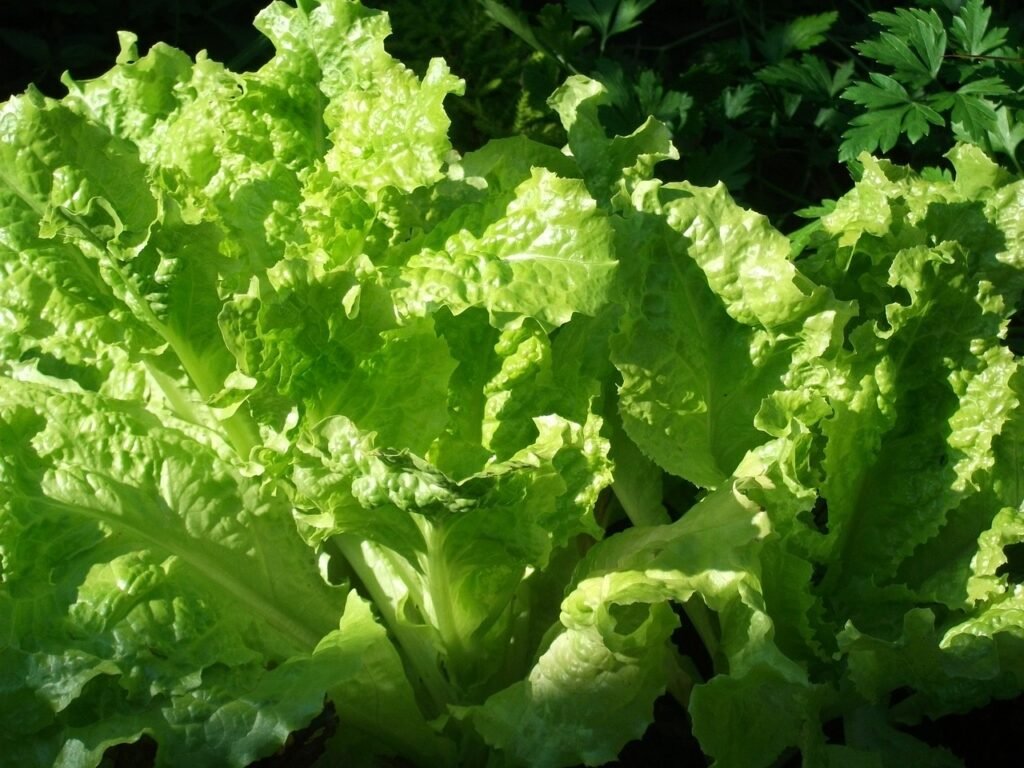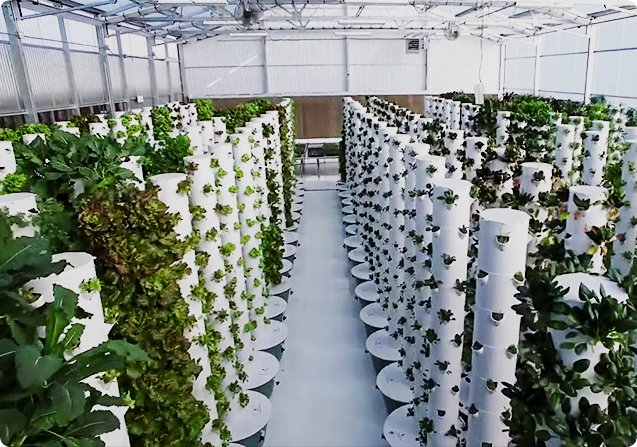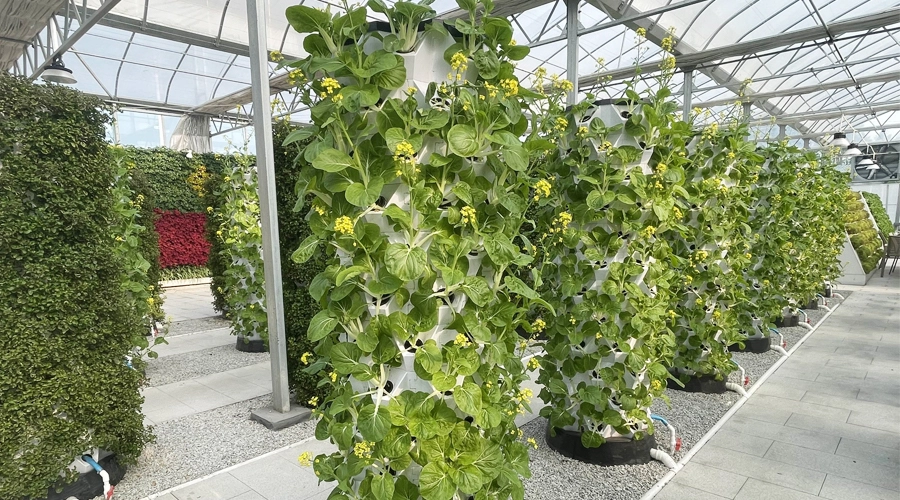Hydroponic gardening stands at the forefront of modern agricultural innovation, challenging traditional soil-based methods with its efficiency and sustainability. Among its myriad forms, hydroponic towers emerge as a beacon of vertical gardening ingenuity. In this article, we delve into the world of hydroponic towers, exploring their construction, plant selection, savings, and maintenance. Through this exploration, we aim to equip you with the knowledge and tools necessary to embark on your hydroponic journey.
Some of the links on this website may be affiliate links. If you purchase a product or service through these links, I may earn a small commission at no extra cost to you. I only recommend products or services that I have personally used and believe will add value to my readers. Thank you for your support!
Understanding Hydroponic Towers
Hydroponic towers epitomize the fusion of technology and nature, offering a self-contained environment for plant growth. These structures typically consist of vertical columns or channels, where plants are suspended and nourished by a nutrient-rich solution. Scientific studies have shown that hydroponic systems can enhance plant growth by up to 50% compared to traditional soil methods (Mortley et al., 2001). This increase is attributed to the precise control of nutrient delivery and environmental factors provided by hydroponic systems.
Choosing Plants for Your Hydroponic Tower
Selecting the right plants for your hydroponic tower is crucial for success. Certain crops thrive in hydroponic environments due to their adaptability to soilless cultivation. For instance, leafy greens like lettuce and spinach, as well as herbs such as basil and mint, are well-suited for hydroponic towers (Resh, 2012). Moreover, studies have shown that hydroponically grown plants may contain higher concentrations of essential nutrients compared to conventionally grown counterparts (Gichner et al., 2007).

Saving Money with Hydroponic Tower Planters
In addition to their environmental benefits and enhanced plant growth, hydroponic tower planters offer significant cost-saving advantages compared to traditional gardening methods. One notable saving comes from the efficient use of water resources. Hydroponic systems utilize water more efficiently than soil-based cultivation, as water is recirculated within the system rather than being lost through drainage or evaporation. Studies have shown that hydroponic systems can reduce water usage by up to 90% compared to conventional soil farming (Jensen et al., 2010). Moreover, hydroponic towers eliminate the need for soil amendments, pesticides, and herbicides, reducing input costs and minimizing the risk of soil-borne diseases. Additionally, by growing fresh produce at home, individuals can significantly cut down on grocery expenses while enjoying a continuous supply of nutritious, homegrown fruits and vegetables. Overall, the long-term cost savings associated with hydroponic tower planters make them an attractive and economical choice for modern gardening enthusiasts

Maintenance and Care
Maintaining optimal conditions within your hydroponic tower is essential for sustained plant growth and productivity. Regular monitoring of nutrient levels and pH balance is imperative to prevent nutrient deficiencies or toxicities. Additionally, proper sanitation practices help mitigate the risk of disease and pathogens in the system. Research has demonstrated that maintaining a clean and well-ventilated hydroponic environment can significantly reduce the incidence of plant diseases (Trifonova et al., 2009).
In conclusion, hydroponic towers represent a sustainable and innovative approach to modern agriculture, offering a myriad of benefits including increased productivity, resource efficiency, and space optimization. By understanding the principles of hydroponic gardening, selecting appropriate plants, and implementing effective maintenance, individuals can harness the full potential of hydroponic towers to cultivate fresh, nutritious produce in any environment.

